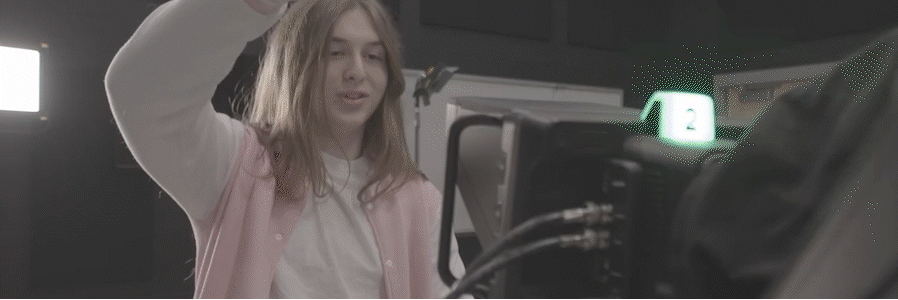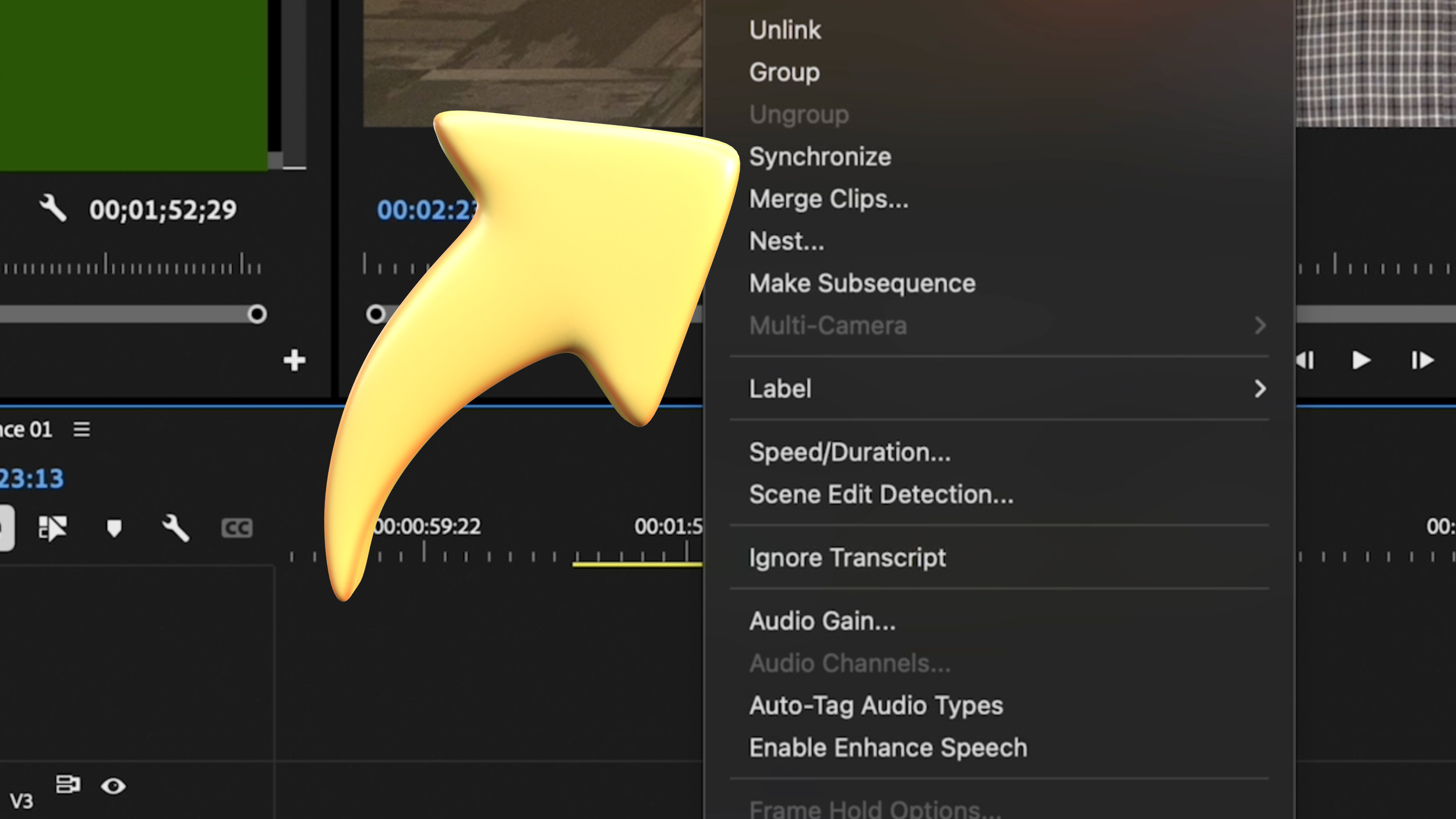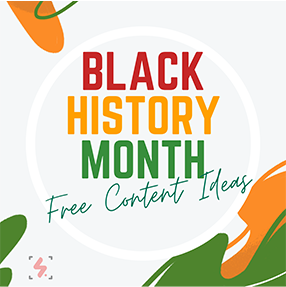Rising tide rasies all ships: The Power of community within education
My wife is an English teacher. She’s entering her 25th year in the classroom. She’s done all of the things you’d expect an English teacher to do:
Department chair
AP certification
School level leadership
Masters Degree
Specialist Degree
…. All the things except find a community outside of her building.
She hasn’t been given the opportunity to build a community. Last year, her 24th year in the classroom, was her first opportunity to go to an English based professional development that wasn’t in her county or region. Finally a state level conference… 24 years in.
She wasn’t sure how to handle it. She didn’t know what to expect. She was just excited to go and potentially learn something from other teachers.
That concept was completely foreign to me. I was blessed to start teaching as the broadcast programs around the state of Georgia were beginning to bloom and the film explosion was a couple of years away. I was also blessed to teach in a state that encouraged and often demanded content specific professional development. I wholly attribute my successes in the classroom to the community that was built on those professional development opportunities.
James Dinsmoor presenting at Camp T&I 2024 at the Georgia Film Academy in Fayetteville, GA.
Last week I spent time with my AVTF (Audio, Video Technology and Film- it’s what Georgia has branded video production) family, at a pair of conferences. The conferences overlapped and honestly frustrated me because I couldn’t fully engage with either. I wanted to soak up the lessons shared from both. But… my heart was so full I teared up as I drove away from one of the conferences the last day.
I got to see experienced teachers share their knowledge, mistakes, and lessons learned with new teachers as well as newer teachers step out of their comfort zones to inject new life into the more experienced teachers. I have all the faith in the world that both scenarios not only improve the overall community but most importantly it improves each teacher’s classroom experience and may keep that teacher in the classroom longer as a result.** I know without a doubt that my original goal of “I’ll teach for a year while I find something else” would have been met if it weren’t for the teachers that built me up via the community that we built in Georgia.
That said, if you are outside of Georgia and looking to build your community of support for your area, it’s simple… yet difficult.
Start something (or join something)
I started the Facebook group that was the foundation of the community in Georgia in the first summer of my teaching career. It was a reaction to me realizing that the 2 or 3 video teachers that I knew at the time were just the tip of the iceberg.
I remember walking into the room and thinking, I must be in the wrong room because there were 10 people in there that I didn’t know. I remember thinking “I need to learn from these people.” So I started the Georgia Facebook page (which has expanded to over 600 people and outside of Georgia).
I have also joined several groups since then. There have been things shared in those groups that have changed my perspective on a lot of things.
Be humbly vulnerable
This can often be the hardest part for some when it comes to building a community. As teachers, we are typically type A personalities. We are the people who don’t mind being in front of the room and telling our story. Often it’s hard not to brag or seem like we have it all together in those scenarios.
A side effect of our personality is our hesitancy to be vulnerable. Again, we have it all together and don’t want to show that we don’t.
Caleb Baily presenting during the 2024 Camp T&I at the Georgia Film Academy in Fayetteville, Georgia.
These factors often make it difficult to build a trust relationship in the professional development community. There are few things that throw off the PD trust relationship like a braggart that stands in front of a room full of people who have the wall of avoiding vulnerability up to protect their ego. The ego of the presenter and the recipient have to be put aside.
How do you do that?
Remember that while the topics and passions of the teacher and classroom may be the same, the external factors for every program are different. Taking that into account the presented should realize that their situation may be better than that of the recipient. At the same time, the recipient of the presentation must take the information given and apply it to their situation and not copy it and try to wedge it into their situation.
It’s not a competition
When I started to dive into developing professional development opportunities, I quickly realized that the reason the community was small is that there was a nature of competition throughout the state. Teachers wouldn’t share lessons or lesson plans using the “it was my time and intellectual property and I shouldn’t just give it away” mentality. I actually had a teacher tell me one time “we compete at the same events, why would I give them help with their program?”
Photo from Tom’s Training at the Brainstorm Headquarters in Austin Texas where Tom learned about Edison - an AR/VR application.
This was among the first tests of my maturity as a leader. I essentially said “what do you have to gain by preventing another teacher from getting better?” I have to also share that this person really struggled with point 2 of this writing…. Their introduction of themselves usually sounded like an IMdB listing.
Let’s be honest, with very few exceptions, I imagine your content is inspired by or derived from someone else’s lesson. Why are you so important to not share with someone who needs help.
Yes, there are competitions but they should be a fractional portion of your mindset in the classroom opposed to the primary goal.
Make it personal
I get o greater joy professionally than going to dinner with a bunch of my video teacher friends. I love just sitting back and taking in the fact that almost always the conversation turns to teaching and sharing stories, laughs and lessons.
I also love seeing conversations about families. It’s amazing how this always seems to happen. In a large group of teachers, there are different phases of life and just like the classroom lessons, family lessons are shared.
A true measure of your community is how deep the relationships are outside of the classroom. These deep relationships allow you to achieve all of the points above.
So what’s next for you?
If you aren’t in a community, find one that works for you or build one.
Be humble in your goals. A community should not be self serving. If you ask a question, make sure that you are trying to answer other’s questions.
Find like minded people who share and care as much as you. I believe that the success of the Georgia AVTF family is because the teachers that are most active in the community are truly teachers who aren’t afraid to ask and are eager to share.
I hope that no matter where you are, you find a community to support your growth as a teacher, challenge you as a leader and to be a leader, and supports you where you are as who you are.
If you don’t know where to start, reach out. I’ll help you find a group or start one.
**I cannot express how big of a hypocrite that I feel like when I talk about teachers in the classroom while I have left it. I don’t want to seem egotistical but I also felt guilty that I couldn’t give more of my time to more programs when I was in the classroom. I feel blessed and called to my current role because I get to spend time with a variety of teachers and their administrators every day.
Meet the Author, Tom White
Tom White is the Education and House of Worship Specialist at Amitrace. Tom's role is to help educators build better programs through better training, planning, and equipment. Before joining Amitrace, Tom was the Broadcast Engineer at Grady College of Journalism and Communication at the University of Georgia. Prior to that role, Tom taught at Morgan County High School and Rockdale Career Academy where he and his student produced thousands of live streams for sports, news, and community events. Tom’s program at the Rockdale Career Academy received the NFHS Network Program Of The Year in 2016 and his program at Morgan County High School received the New Program of the Year title in 2018. Tom has been a long time contributor to many publications and is the host of Teaching to The Test Pattern Podcast.












Got shaky footage? No problem! In this quick tutorial, learn how to use Warp Stabilizer in Adobe Premiere Pro to smooth out your shots effortlessly.